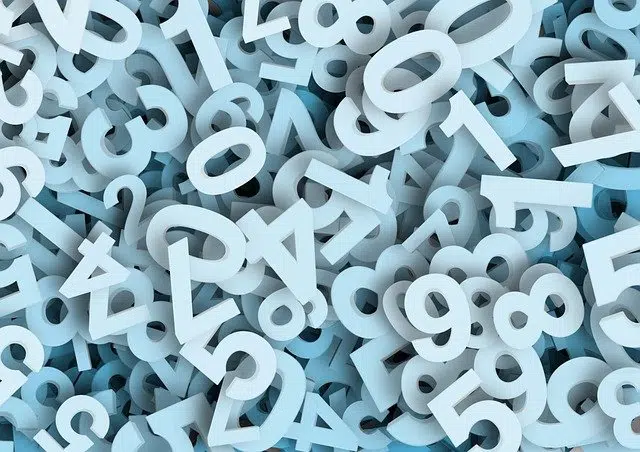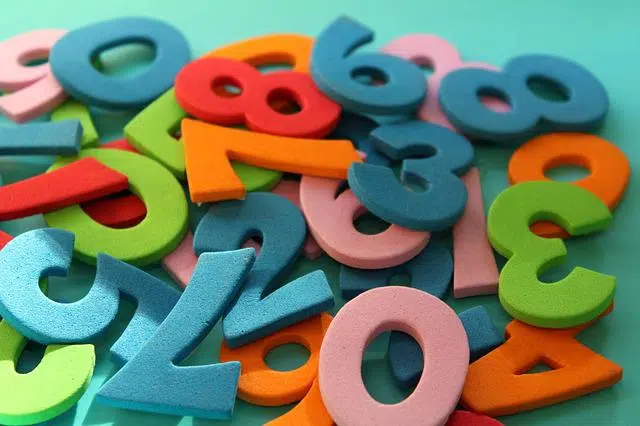
The idea of nth refers to an imprecise quantity.
The nth adjective refers to a quantity that cannot be determined . The concept is usually used to refer to that which occupies an indefinite or imprecise place , although elevated, in a succession or series.
For example: “After the umpteenth outburst from the interviewee, the journalist decided to end the story” , “It's the umpteenth hit you've hit me with that ball: try to be more careful” , “The neighbors demand the installation of a traffic light in the intersection of Avenida del Centro and Pradera Street after the umpteenth accident that occurred at the intersection.”
Concept of nth
The idea of nth appears when you lose track of events or facts that are repeated over and over again . If we analyze the first of the examples mentioned above, we can intuit that the “umpteenth outburst” uttered by the protagonist of the interview was not the second or the third, but rather the list is so large that it is impossible to count all the expletives.
Moving on to the second example, let's imagine a child kicking a ball at home. The little boy hits his mother once, twice, three and more times: after the “umpteenth hit” , the woman gets annoyed and asks the little boy to be careful with his game.
In a similar sense, if at the intersection of two streets there were so many road incidents that the neighbors can no longer keep track, it is logical that after the “umpteenth accident” they demand that the authorities install a traffic light to order the circulation of vehicles. vehicles.

It is common for the concept of nth to be used when we have lost track of something due to its continuous repetitions.
The etymology
Regarding the etymology of this word, we can notice at a glance that it is made up of the following two parts: jan- and -th .
The first comes from the field of mathematics , where the symbol n is used to refer to an indefinite number; The second, however, is the ending assigned in our language to ordinal numbers (those used to indicate the order of the elements found in a sequence, such as "tenth" or "hundredth").
The umpteenth time
It is very common to use the term nth accompanied by vez , to modify this noun, giving the idea that one has already lost count of the number of times, which is why it is not possible to use the relevant ordinal number. In other words, if the sender pursued accuracy he should express something similar to "fourteenth time" or "fifth time" but, for different reasons, he chooses this word with a diffuse meaning.
One of the reasons why we usually use this type of imprecise expressions is to emphasize the anger or annoyance caused by the repetition of the action we are pointing out. This can be seen perfectly in the examples presented at the beginning of this article, since in none of them the issuer or the people who receive the shares are comfortable with them, quite the opposite.
Although mathematics and language have many things in common, the former is averse to uncertainty and the latter can take advantage of it for endless expressive purposes. The exact sciences recognize the lack of precision when they do not find a way to overcome it, but always with a view to overcoming this blockage at some point; When it comes to speaking and writing, on the other hand, we don't always need to paint a realistic picture.
For example, when there is an undefined variable in mathematics, it is normal for scientists to try to assign it a value , since it is useless to leave it in this state forever. In everyday speech, when we say that "it's the umpteenth time the phone rings," our interlocutor usually does not want to know the exact number of times.
